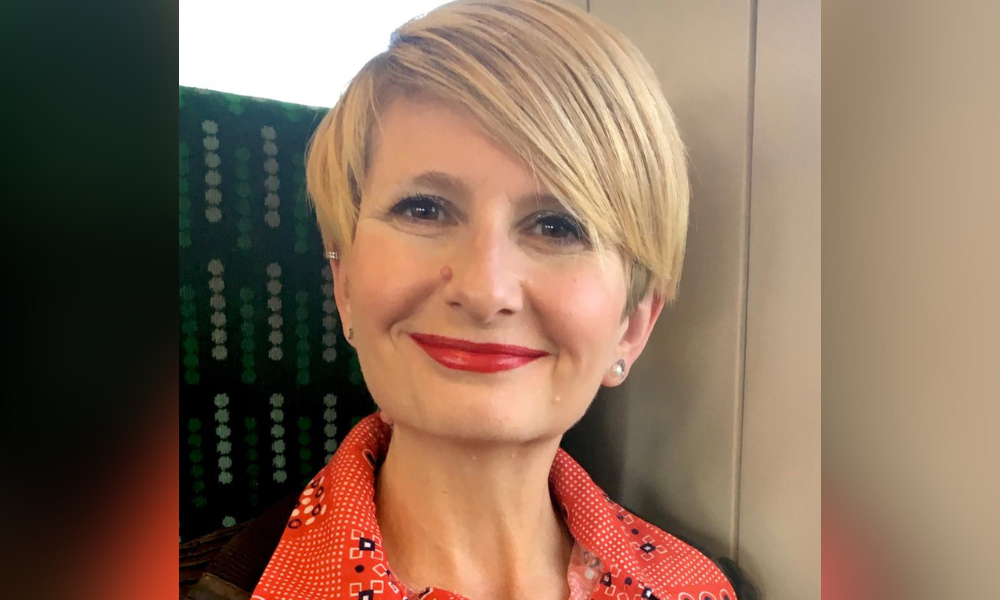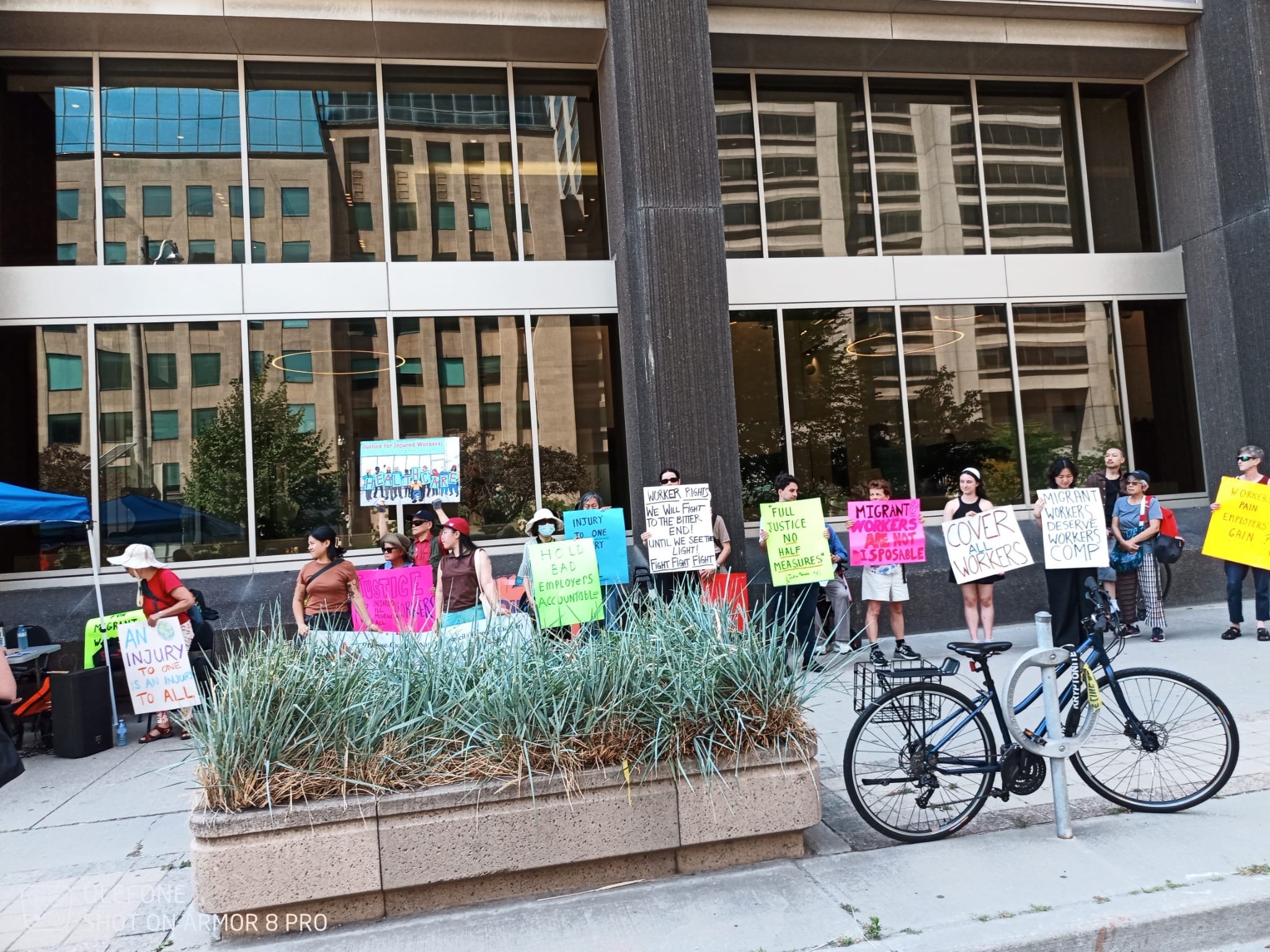'Unsafe' industry practices pushed consultant to go public with concerns

Last week, safety consultant Caroline Dennett went viral on LinkedIn after publishing a bombshell open letter explaining why she chose to sever ties with oil and gas giant Shell.
Speaking with COS, she says that ultimately, her decision to stop working with Shell stemmed from “the realization that, in my heart of hearts, I couldn’t continue working with a company that I perceived as pretty responsible for climate change.”
“I’ve battled internally with myself over that for quite some time. And because of the work that I’ve been doing – which has been very safety focused – you stick with it, because you think that for as long as they’re operating they need to be as safe as it can possibly be; people need to be protected and people need to have a voice in safety improvement.”
But, she says, you get to a point where the internal conflict is too great – and it feels morally wrong to continue.
Broken promises
Dennett – who is director of UK-based consultancy CLOUT – had been working with Shell for around 11 years doing safety culture assessments. The company reached out in the aftermath of the Deepwater Horizon oil spill.
At the time, she says that the industry had more of a focus on personal harms rather than process safety, but Shell was looking closely at process safety and wanted to drive a positive operational culture around this. So Dennett was approached to design a process safety culture survey for the company. Dennett and her agency worked with engineers and operational management (including someone based in Alberta) to put together research for the survey.
“We designed a survey which was very hard-hitting – it was designed to make management feel pretty uneasy about the process of safety performance,” she says, to find out where the organization’s blind spots were as well as areas of improvement. “It gave people a real voice, a genuine voice to the frontline.”
With the success of the pilot survey, Dennett started working with the organization and over the years designed a number of safety surveys for Shell for operations around the globe. Over the last decade, Dennett surveyed over 20,000 people at Shell, in 65 different assets. She has also launched surveys for other organizations in the petrochemical sector.
However last year, Dennett was asked to redesign one of the surveys for Shell in order to fit expansion, and construction projects, in oil and gas. “That was a real clear message to me that [Shell] is not winding down,” she says, despite public commitments to do so. In the heat of the project, Dennett decided to see it through, because she felt a sense of duty to those being surveyed. Once the project was done, she had initially thought to bring her concerns to Shell internally.
Boiling point
It all came to a head in April this year. Climate activism group Extinction Rebellion decided to occupy Shell’s London headquarters to demand a meeting with CEO Ben Van Beurden. Inspired by their actions, Dennett reached out to the group and – wanting to make an impact – decided to go public on LinkedIn with her story.
“It just seemed like a really good way to get a message to a lot of people, in a language that they can understand around safety – coming at this from a safety angle, that this is now inherently unsafe to keep looking for new oil and gas extraction,” she says.
And these concerns around the environment and safety are not limited to Shell, this concerns the industry as a whole.
Still now, we have a tendency to view certain issues as being separate from each other. But when it comes to worker health and safety, ecological concerns are very much a part of that. Certainly within the context of climate change, the two are very much intertwined.
Financial considerations within the sector have also had a huge impact on worker safety. In 2016, when the oil price crashed very badly, the sector’s major players had to tighten their belts and deal with the financial impacts of the crash. Dennett says that this absolutely impacted safety – “there’s no doubt about it.”
Because when it comes to costs, corners have to be cut in order to turn a profit. This is not only a problem with Shell, but all companies in the energy space. “As the industry is squeezed […] I do see that there is the potential for the health and safety of workers to decline.”
An unsafe industry
Dennett says that maintenance of equipment is a big problem, because the trend is to not hold spare parts for the equipment. “That’s problematic in terms of worker safety, and in terms of process safety.”
Separately to this, skilled worker retention is also a huge issue. Dennett says that this is something that is talked about quite a lot in relation to safety, because if you don’t have the right level of manning to operate safely, the people who are left are under enormous pressure, working long hours, and the technical expertise is gone. “That question of retention is a real problem, and it has real impacts and consequences for safety,” she says.
Natural disasters linked to climate change such as heat waves or increased phenomena such as storms, tornadoes, hurricanes or floods leave workers exposed to unsafe working conditions. They also have an impact on the workspace or infrastructure which isn’t necessarily built to withstand extreme weather conditions. These factors combined can create immensely challenging conditions for workers to operate in.
“I think the whole industry is unsafe – it’s unsafe in terms of it’s emissions, and it’s unsafe in terms of how it’s going to operate in the future. And that’s why a [green] transition is a no brainer.”
Truth tellers
Though she was of course nervous about the consequences of going public, Dennett says that the response has been “incredible” and “overwhelmingly positive.” The post went viral on LinkedIn and across social media, and there has been massive coverage in the media.
Dennett says that, for those in the industry who do have concerns over the harms caused by climate change, speak to someone. Speak to a colleague. “There may be other people who share those views, but nobody is really talking about it.” She says that there are also organizations that you can reach out to (such as Extinction Rebellion’s TruthTeller whistleblowing platform), who are happy to listen and walk you through your concerns and start the conversation.





